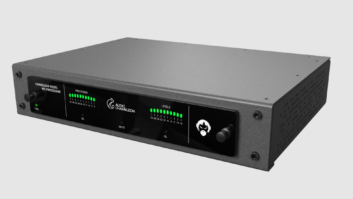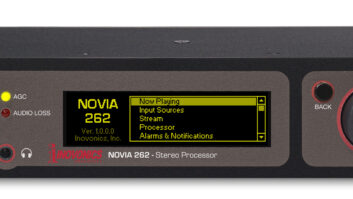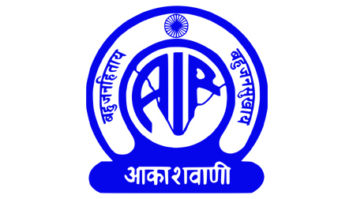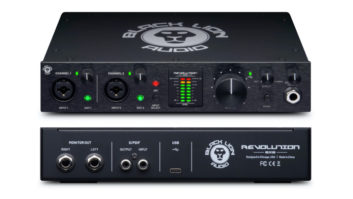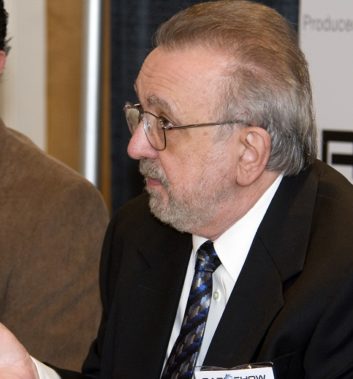
Longtime radio technical consultant Jim Loupas has died.
According to his obituary, he was 83 and had lived in Coppell, Texas.
“The listener’s convenience and satisfaction are what make a radio station successful,” Loupas wrote in Radio World two decades ago, reminding readers not to get so caught up in new technologies that they forget that central mission.
“Sound was always his passion,” his obituary states. “Radio, being pure sound, was his vocation and avocation since he was a high-school kid skipping school to run remotes for his home town radio stations.”
Loupas was director of engineering at WCFL in Chicago in the 1970s before forming a firm to consult radio, TV and recording companies and provide advice on psychoacoustics and audio ergonomics.
“His uncanny ability to listen and fine-tune broadcast audio set him apart,” the obituary states. “He also designed studios, maintained transmitters and climbed broadcast towers to dizzying heights in many muddy fields.”
Among his former clients was Beasley Broadcast Group. In 2007 Radio World quoted a Beasley announcement: “Jim Loupas … has developed a proprietary process for adjusting and processing the sound of a radio station to appeal specifically to its target audience.” He called his line of processors AirCorp.
According to the Radio World story, Loupas described audio processing as “the most efficient way for a radio station to acquire and retain audience and to increase the time the audience spends listening.”
Loupas authored a Radio World guest commentary in 2004 arguing that while new digital radio formats might have appeal, analog signals would continue to be “hugely important.”
“The listener, after all, is our end user — our customer,” he wrote. “The listener’s perceptions are what drive our numbers, both in the ratings books and at the bottom line. The listener’s convenience and satisfaction are what make a radio station successful. We get lost sometimes in the airy realms of new technology, and we think everybody else cares as much as we do. But do they? Of course not. It’s our job to sound good to the listener, no matter what technology or combination of technology is used to receive our signals. It’s as simple as that.”





